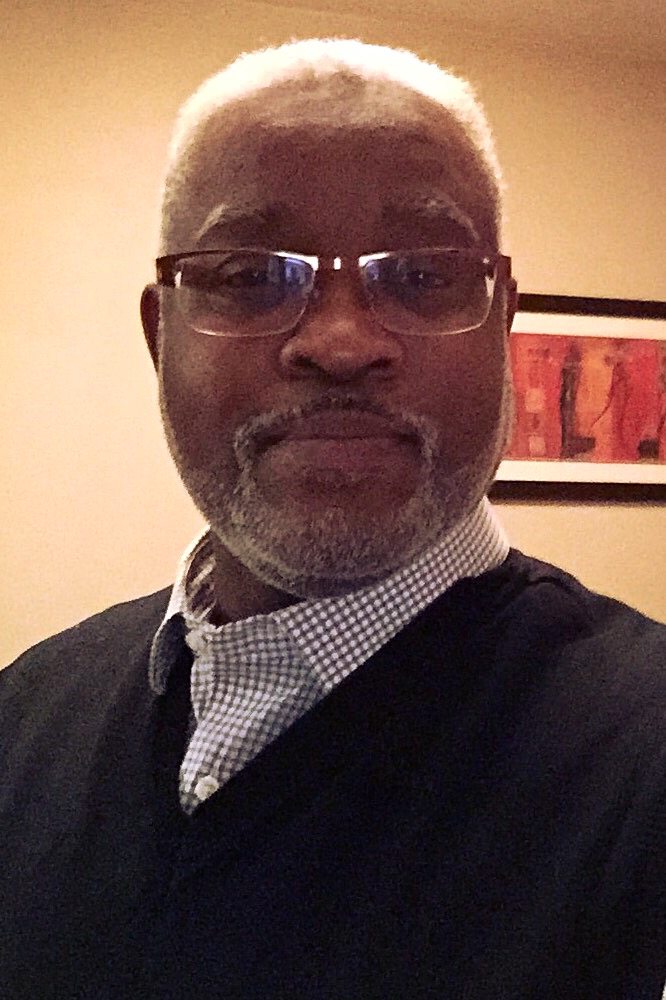When they all came together . . .
The Reverend Dr. Kent L. Poindexter, Contributing Writer
The commemoration of the Pentecost event stirs up reminders of how the Church began. People from different backgrounds, cultures, and faith teachings somehow met in one space, seeking to answer their questions about this “new thing” that God was doing through the Messiah. Each of them was moved by the message of this one accused of “stirring up the people” with words seemingly contradictory to the Law and the Prophets. Somehow, people with varied understandings of God gathered in one space to figure out what they should do. And in those moments, “they were touched by the Holy Spirit.” They allowed themselves to be vulnerable to God’s movement long enough to begin to comprehend what God had been saying throughout the ages: “Love God and love one another.” At least for that one day, people who could not imagine worshipping with others who are different from them heard, felt, and saw what God desired—to have humanity on one accord.
The truth is that the kindred spirit of love and unity that prevailed on the day of Pentecost only lasted for a short time. The writings of the Apostle Paul reflect the ongoing challenges of the Christian church—people being people, interpreting the Message to fit their desires, and willing to tear the whole thing down to promote their values. With each passing century, as the message has spread around the world, the divisions among those who declare their allegiance to Christ have become even greater. Instead of seeking to be on one accord, Christian faith-based communities seek ways to set themselves apart, to lay claim to being the only group promoting the Gospel.
Do we really have to wonder why people are not flocking to churches on Sunday? What will it take for us to reignite the flame which moved those on the day of Pentecost to stand on one accord and to let the Holy Spirit guide us, as promised by Christ? Perhaps it is time for us to consider coming together, on one accord, for the sake of the message we proclaim.





